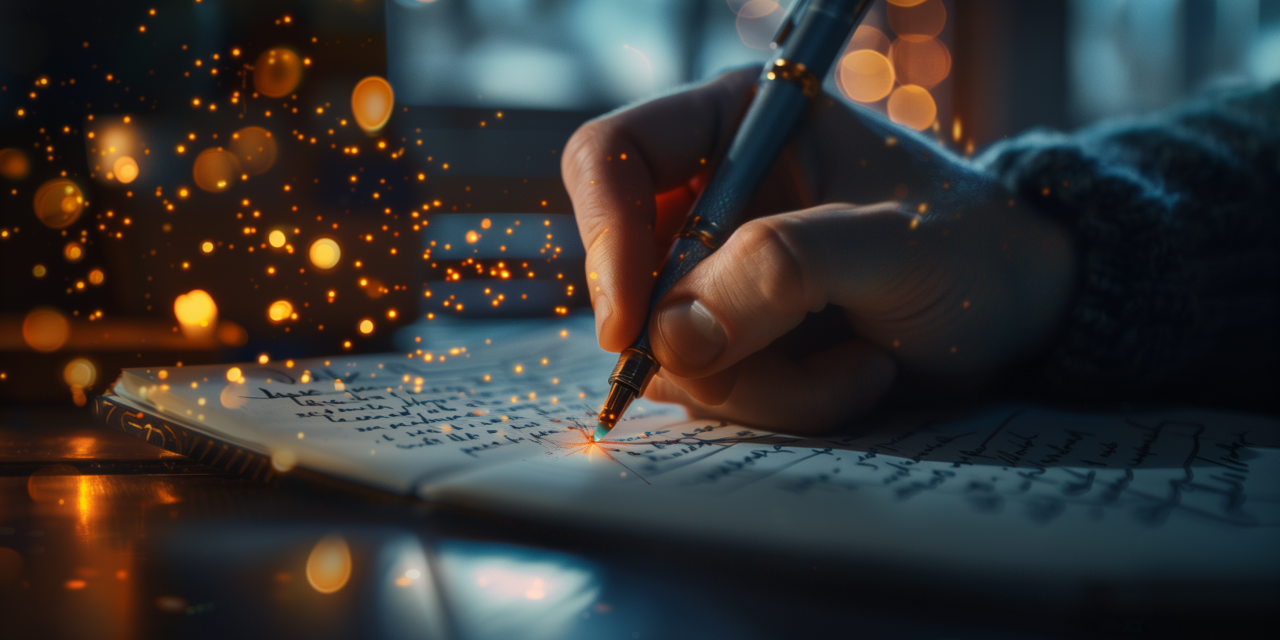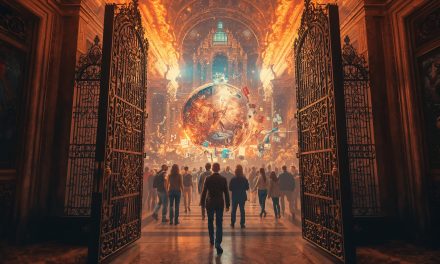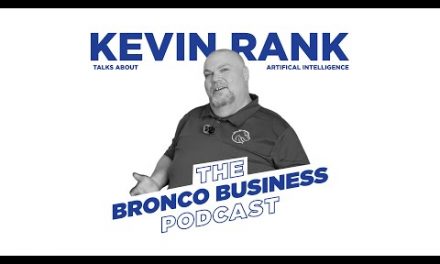I think we’re asking the wrong question.
Here’s what I keep thinking about: Myself and others have incredible ideas – clear, powerful intent… but struggle to find the right words. Or, we can see exactly what we want to create but lack the technical skill to bring it to life.
If they use AI to translate that intent into something more precise, eloquent, or polished, is that somehow “less authentic” than their rough first attempt?
I’ve been wrestling with this “authenticity line” and honestly? It feels less like a sharp boundary and more like a personal, shifting horizon that each of us defines for ourselves.
Just last week, I went back and forth with ChatGPT on a single paragraph probably a dozen times, tweaking the words and flow until it perfectly captured the feel I was after. The ideas? 100% mine. The intent? Completely mine. The final expression? A collaboration.
This isn’t about replacing human creativity, it’s about augmenting it. The AI becomes a partner in expression, not unlike a thesaurus, a camera, or even a complex musical instrument. It helps bridge that frustrating gap between what’s in your head and what you can actually produce.
From my experience teaching and working with AI, I see it serving four key functions:
– Speed: Dramatically accelerates our normal output
– Quality: Enhances our work without sacrificing our pace
– Expansion: Surfaces knowledge we don’t have, helping us integrate new concepts
– Fabrication: Creates “knowledge” where none exists—this is the dangerous one that requires our oversight
So here’s my question: If the core vision and driving intent come from you, does the method of execution really define authenticity? Or is it the power and clarity of the final message that matters?
I am genuinely curious where others draw this line.


